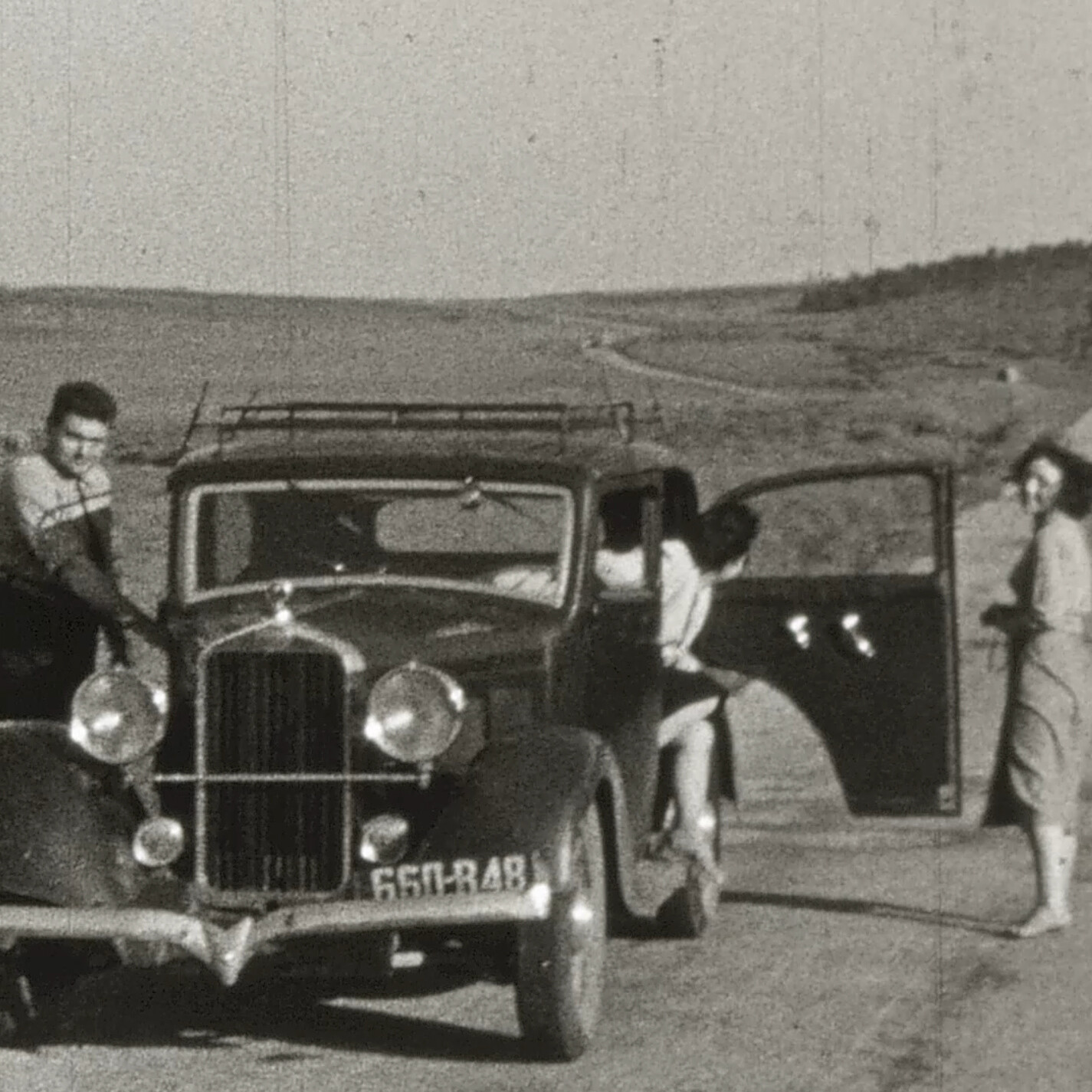Learning with Madness | C. Guerra, M. Miguel (Barcelona), E. Vogman (Berlin)
Film Screening | Lecture Talk
Do., 14.07.2022, 18:00
Eintritt: frei!
Lesedauer etwa 2:29 Minuten
Institutional Psychotherapy was a psychiatric reform movement and method. It employed innovative forms of group therapy and radically restructured the model of centralized psychiatric institutions, actively involving patients in these processes. It emerged as a practice of resistance during the German occupation of France, as over 50,000 patients of psychiatric hospitals fell prey to the National Socialist extermination policy. The Saint-Alban Clinic in Lozère was the point of departure for the Institutional Psychotherapy, initiated by the Catalan psychiatrist François Tosquelles together with resistance fighters and authors such as Georges Canguilhem and Paul Eluard. Media practices constituted concrete local forms of resistance: resistance both to the normalizing politics of traditional clinical institutions as well as to the disciplining of madness and its delineation from political, aesthetic, and epistemic dimensions.
Tosquelles’ films are just once case among the many media practices that were integrated along with the therapeutic complex that was orchestrated within the premises of Saint-Alban after the 1940s. Film, radio, television, and printed materials constituted key platforms for a counterpublic sphere that helped restore citizenship to patients deprived of most of civil rights. Like many of these different media, film blurred the lines segregating inner life and exterior, between authorship and spectatorship. Instead, a dialogical space emerged according to an anti-authoritarian logics. The amateur, ethnographic and clinical approaches went hand in hand in Tosquelles’ films, involving also Mario Ruspoli’s cinéma direct. In order to grasp the true nature of Tosquelles’ cinematic experiments we need to recall that his psychiatric practice was no less eclectic than his understanding of the act of filming.
Including a presentation of films and a series of talks by international scholars, the two-day workshop aims at exploring Tosquelles’ multidimensional practice, giving special attention to media as therapeutic instruments and processes of transference.
Day 1 of the two-day workshop aims at exploring Tosquelles’ multidimensional practice, emphacizing the role of media as therapeutic instruments of transference.
18:00 Introduction by Elena Vogman und Marlon Miguel
18:15-19:30 Screening, Introduced by Carles Guerra
Carles Guerra, co-curator of the exhibition Francesc Tosquelles. Like a Sewing Machine in a Field of Wheat (CCCB, Barcelona, 8 April – 28 August 2022); curator of the exhibition The Tosquelles Album. A visual essay (Museum of Modern Art, Tarragona, 30 April – 3 July 2022)
Film Tosquelles: La société lozérienne d'hygiène mentale (1954-1957), 39 m 36 s
François Tosquelles began filming family life and all sorts of events related to his professional environment in 1953. By 1958 he was able to assemble a film depicting the radical transformations at the psychiatric hospital of Saint-Alban, a film that revealed the therapeutic complex associated with the so-called institutional psychotherapy. The film entitled as La société lozérienne d'hygiène mentale (1954-1957) took its final form after circulating both in the confined spaces of psychiatric institutions and other venues and audiences unrelated with the hospital.
Carles Guerra: Suite en blanc et noir and Suite en couleur, remixed (1953-2022), 32 m 50
In Suite en Blanc et noir and Suite en couleur, remixed (1953-2022), the original footage newly digitized from two early films by Tosquelles has been edited in order to reconstruct the sequence of events captured by the camera. We can only guess who was passing Tosquelles’ camera and where and when these people met. To some extent, this edited version of Tosquelles’ original footage allows for two different forms of perception. On the one hand, we see the most eminent figures who have been involved in the advent of institutional psychotherapy at the beginning of this revolution. On the other hand, we observe the footage as raw material, images subject to a scrutinizing gaze shaped by the obsessive search of a hidden narrative. The editing of this footage is as much an experiment as it is an attempt at restoring the context.
19:30-19:45 Short break
19:45-21:00 Presentation and discussion with Carles Guerra
Day 2 (July 15th): 10:00—16:30 Bauhaus-Universität Weimar. (Berkaer Straße 1, 99425 Weimar)
Free entry!
